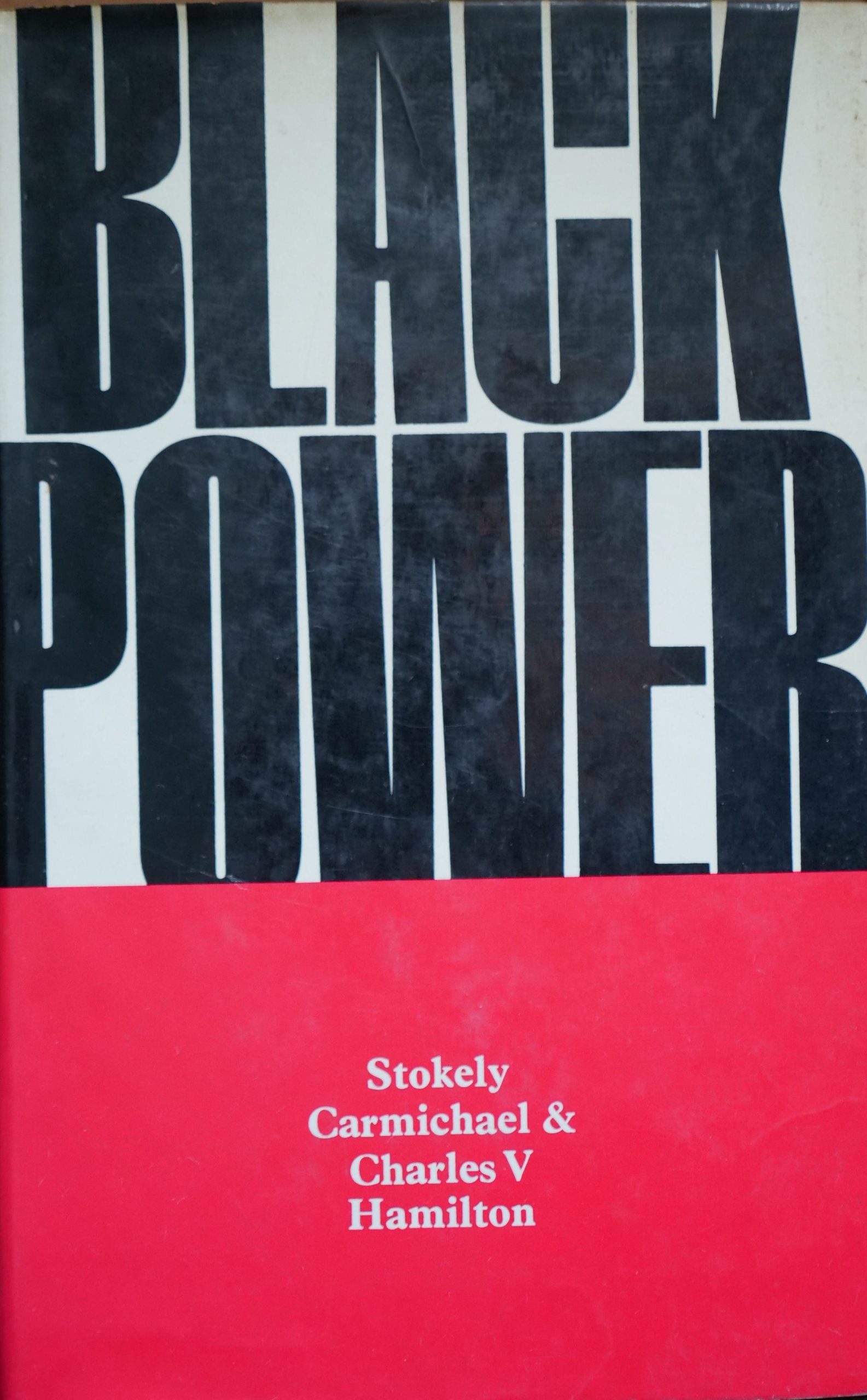Black Power-The Politics of Liberation in America. By STOKELY CARMICHAEL and CHARLES V. HAMILTON (London, Jonathan Cape, 1968). xiv+ 198 pp. 30s.
Chaos or Community. By MARTIN LUTHER KING (London, Hodder & Stoughton Limited, 1968). 209 pp. 30s.
‘We still have a choice today: non-violent co-existence or violent co-annihilation. This may well be mankind’s last chance to choose between chaos and community.’ So ends Dr. King’s book. From Stokely Carmichael’s point of view, however, the issue confronting the American Negro is existence itself. The question of choice, whether between chaos and community or between violence and non-violence, cannot begin to have meaning for the black man until he has attained his manhood. This is his compulsive need, his pervasive concern. He must achieve himself, against all odds, ‘in this time and in this land, by whatever means necessary’.
What this means in every day terms is that the black man must seek the power-economic, social, cultural, political-which will allow him to determine his own life. He must drive out the ‘absentee slumlord’ and the white profiteer from the Negro ghetto and establish in their place organizations and institutions which will have the interests of the community at heart. ‘Control of ghetto schools must be taken out of the hands of ‘professionals’, most of whom have long since demonstrated their insensitivity to the needs and problems of the black child’ and placed in the hands of black parents. The consciousness of racial difference which for centuries had been used to estrange the black man from from himself must now be used in a ‘positive way’: for his reconciliation with himself. In the political sphere this would imply the creation of ‘a new conscious ness among black people’ and the election of representatives who would be responsive to their constituents and not to ‘the white machine’. And in view of the fact that the present political machinery in the country was insensitive to the needs of the people as a whole it was quite conceivable that the Negro example would ‘spearhead a drive to revamp completely the present institutions of representation’.
Basically, Black Power is not concerned with the amelioration of the Negro condition but with the creation of Negro identity-using the very tools of its negation, as it were. Thus it requires the black man not to flee the ghetto but to create a cohesive community within it, not to reject his blackness but to embrace it, not to fight separatism but to carve out of it a group solidarity which, as in the case of the Irish, the Italians and the Jews before him, would enable him to integrate more meaningfully with the larger society. For, ‘integration as traditionally articulated would abolish the black community … and not the dependent colonial status that has been inflicted upon it.’
For Martin Luther King, on the other hand, integration and identity are parts of the same dynamic of liberation. But the way of liberation must be the way of non-violence. In the process the black man would not only achieve his own pride and dignity but would cause the white man to redeem himself. And in so far as the Negro constituted a powerless minority, the means of liberation would not merely prejudice the end but would determine it. Besides, ‘no man is an island … ‘ ”T’ cannot reach fulfilment without “thou”.’ Not self-preservation but ‘other-preservation is the first law of life’. Man, in Buber’s phrase, needs to be confirmed by his fellow-man. ‘Our loyalties must be ecumenical rather than sectional.’
But at the same time, King saw the cogency of black power and the obsessive need of the black man to be done with his oppressor, now and for all time. And so in the last year of his life he moved towards a new synthesis: aggressive non-violence, militant satyagraha – enlarging his ‘constituency’ as he did so to include all the poor of America. In a sense he was trying to lift the poverty line from off the colour line, equating deprivation not solely with the Negro community but with a whole cross-section of races. He hoped, that is, to establish a re alignment of forces with a realignment of issues without in any way dissipating the intensity of the issues themselves. That he succeeded in obtaining the (tacit) support of the Black Power advocates for the Poor People’s March on Washing ton is a measure of his achievement. Perhaps both Black Power and the philosophy of Dr. King are equally necessary for the redemption of America from the evils of racism. But only Martin Luther King’s very personal brand of restless honesty (his ‘experiments with truth’ one may term it, recalling Gandhi’s autobiography) would appear to make possible any meaningful coalition between the militants and the other groups. Now that he is gone ..
